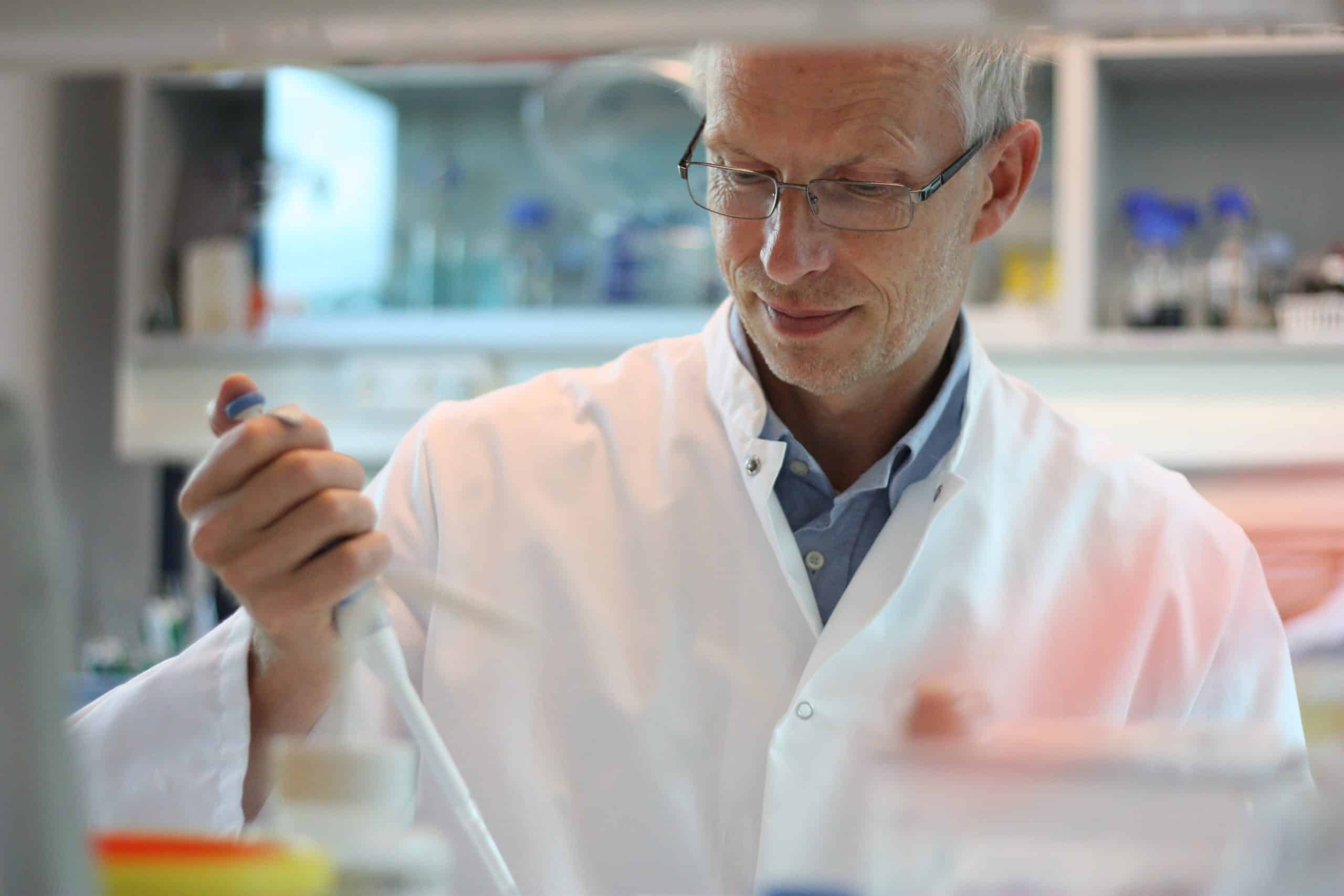 Professor Per Halkjær Nielsen, Aalborg University. Photo: Aalborg Universitet.
Professor Per Halkjær Nielsen, Aalborg University. Photo: Aalborg Universitet.
Future materials can be extracted from wastewater
Researchers are revolutionizing the use of biomass from sewage treatment plants, where biopolymers from bacteria could become a sustainable alternative to oil-based products. At the same time, phosphorus and other minerals can be harvested from wastewater. New research indicates that industrial production is imminent.
“The perspective is enormous because you are taking something that is currently waste and turning it into high-value products,” says Professor Per Halkjær Nielsen from Aalborg University.
Biopolymers produced by bacteria can be used in paper, construction materials, water treatment, and can replace synthetic polymers. The REThiNk project demonstrates great potential for commercial production of biopolymers, which can also be flame retardant. Efforts are now underway to scale up production globally.
“There is significant potential in this if companies invest in its development. We can extract 20-30 percent from biomass and create biopolymers that can replace oil products and seaweed,” explains Per Halkjær Nielsen.
REThiNk collaborates with Aalborg University, Delft University, and Aarhus University, and the research has just been published in Current Opinion in Biotechnology.

